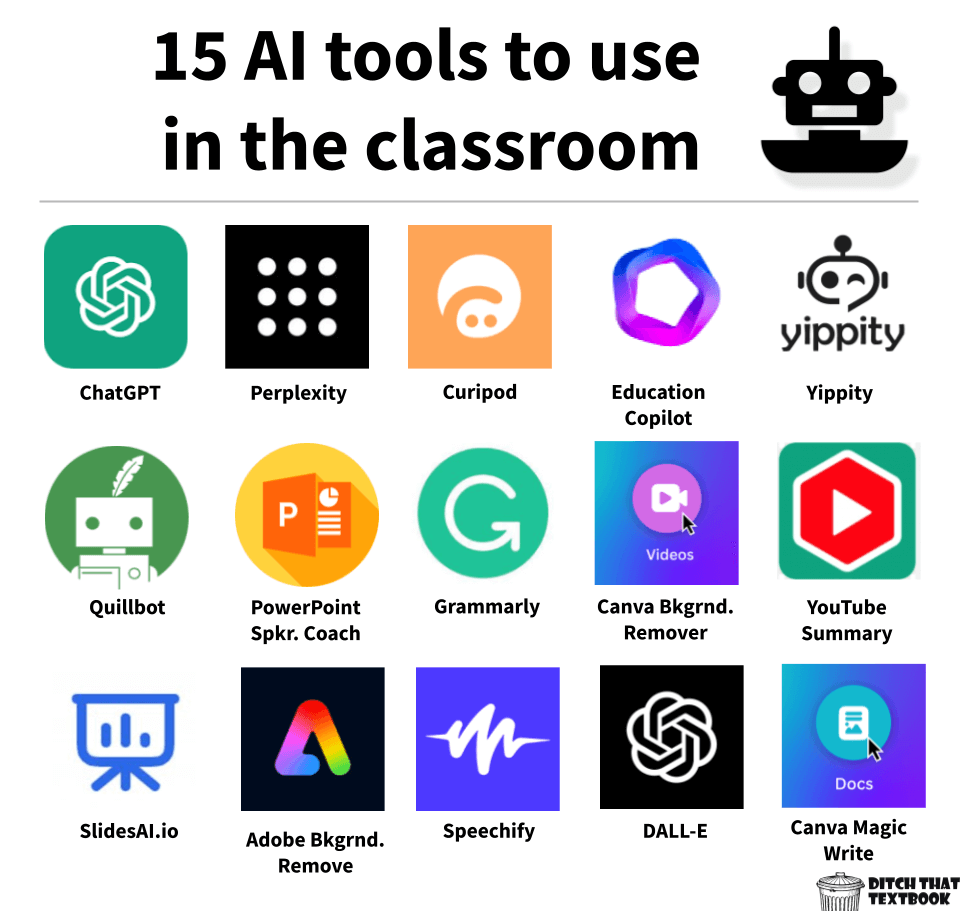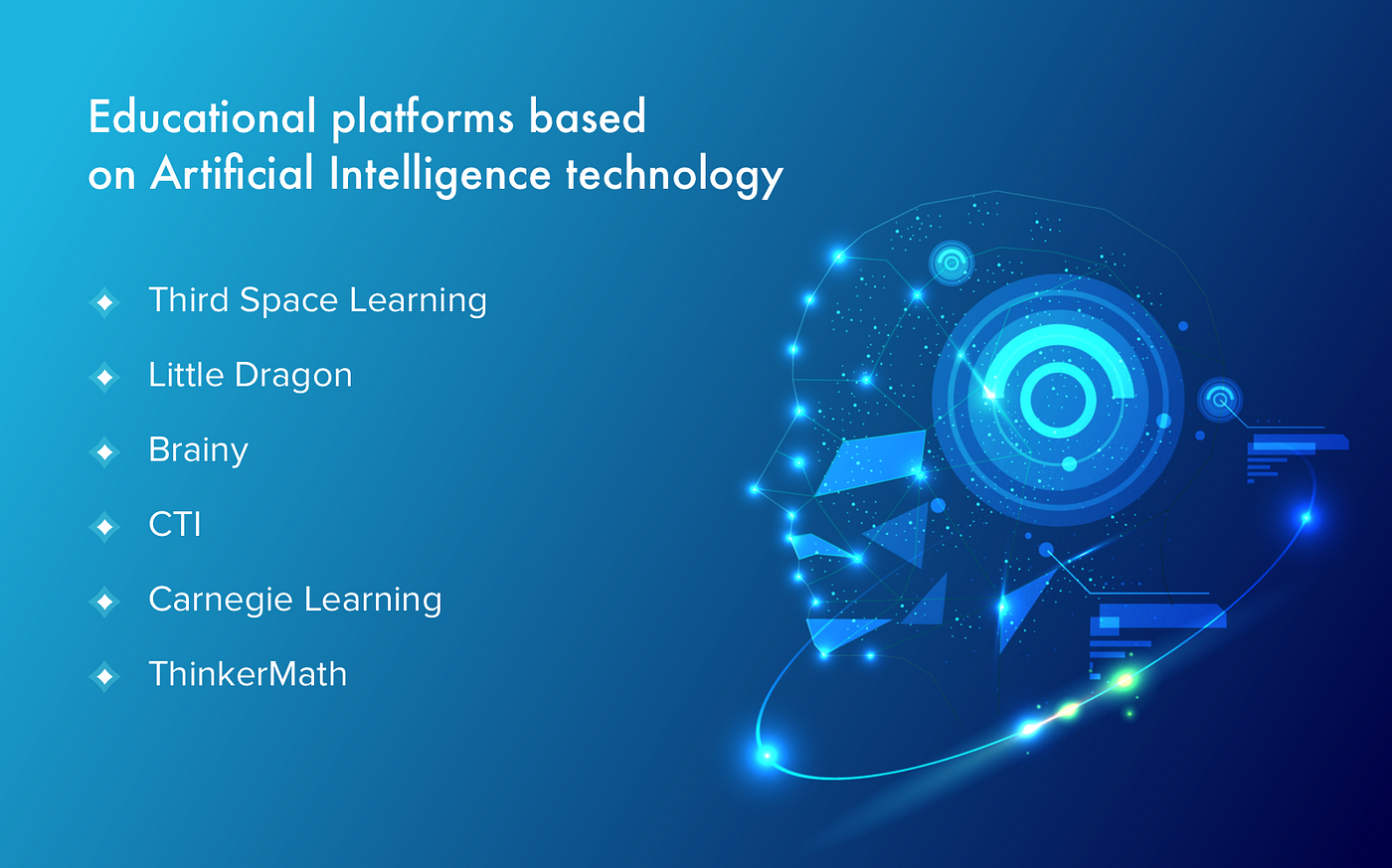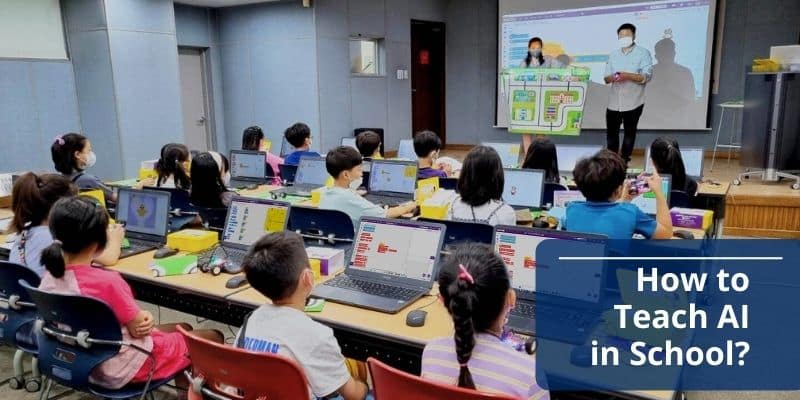ChatGPT in Classrooms: How AI is Transforming Classrooms in the...
Open AI introduced ChatGPT, a revolutionary generative artificial intelligence (AI) chatbot, towards the end of November 2022. Since then, it has gained significant popularity among teenagers in the US, with one in five using ChatGPT to aid in their schoolwork. Similarly, Indian students have also embraced this AI tool, utilizing its capabilities to answer queries and generate essays efficiently.
Integration of AI in Education
While some educators have expressed concerns and banned the use of ChatGPT for academic purposes, the technology continues to permeate educational settings. Institutions like Vanderbilt University in the US have wholeheartedly embraced ChatGPT in their teaching methodologies. At Vanderbilt, professors like Holly Tucker have leveraged ChatGPT to enhance student learning experiences. For example, Tucker assigned students historical personas from the French Revolution, allowing them to interact with ChatGPT to delve deeper into their characters' backgrounds and relationships.

Vanderbilt University's initiative, the Future of Learning and Generative AI, aims to equip students, faculty, and staff with the necessary skills to leverage AI tools effectively. According to Jules White, a Computer Science Professor at Vanderbilt, generative AI serves as more than just an answer-generating tool; it acts as a powerful computing interface.
Expanding Learning Horizons
Professors like Jules White challenge students to think creatively by assigning tasks that require customized solutions. For instance, creating a fusion meal plan from Ethiopian and Uzbekistani cuisines, designed to be keto-friendly using readily available ingredients. This approach encourages students to explore innovative solutions and think critically.
Similarly, Doug Schmidt, a Computer Science Professor, streamlines teaching processes by utilizing AI tools like Glasp to convert lecture videos into transcripts, generate quizzes, and automate grading tasks. By incorporating AI in these ways, educators aim to enhance the learning experience and better prepare students for the future workforce.
The Role of Teachers in AI-Enabled Education
Dr. Arun K. Tangirala, a Professor at IIT Tirupati, emphasizes the need for educators to adopt a facilitative role in the era of AI-driven education. Tangirala advocates for personalized learning experiences that cater to individual students' needs and aptitudes. He also stresses the importance of teaching ethical AI use to both educators and learners.

In India, institutions like IIM Sambalpur have begun integrating AI into their teaching methods, with a focus on personalized learning and evaluation. This shift towards AI-assisted teaching underscores the evolving landscape of education globally.
Challenges and Opportunities
As AI continues to reshape traditional teaching methods, educators face challenges related to data privacy, misuse of AI-generated information, and ensuring equitable access to AI technologies. Natasha Joshi, an educational specialist, highlights the importance of strong human facilitation in education, emphasizing the role of teachers in guiding students' interactions with AI tools.
While AI offers tremendous potential for enhancing learning outcomes, it also requires careful implementation and oversight to mitigate potential drawbacks. With the right guidance and moderation, AI tools like ChatGPT can be powerful assets in the classroom, fostering a culture of exploration and critical thinking among students.











